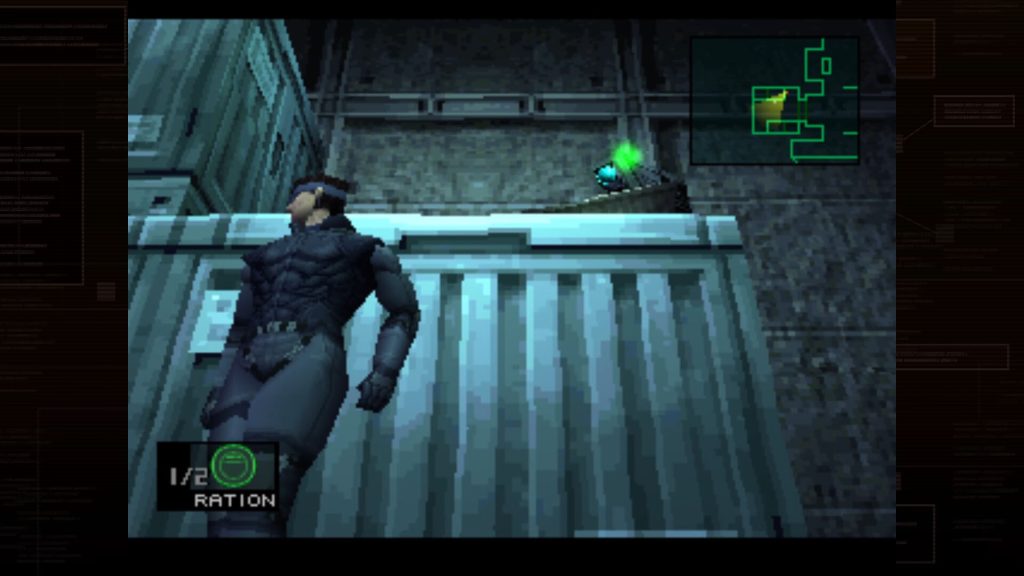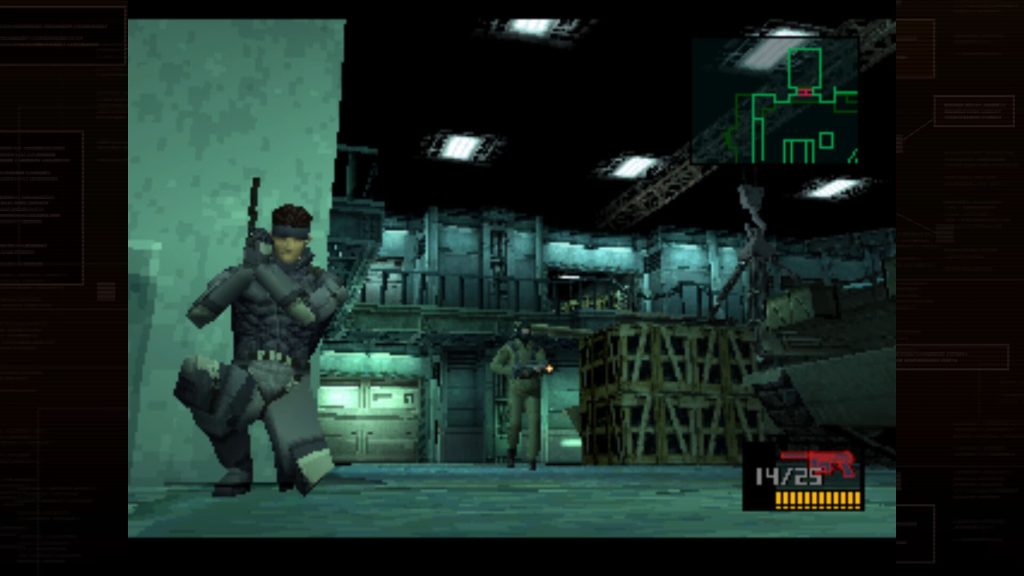The Impact of Metal Gear Solid
How Metal Gear Solid Revolutionized Stealth and Storytelling in Gaming
Introduction:
In the annals of gaming history, few titles have left as profound a mark as Metal Gear Solid. Released in 1998 by Konami, this groundbreaking game revolutionized both the stealth genre and storytelling in video games. Led by visionary game designer Hideo Kojima, Metal Gear Solid introduced a level of cinematic narrative and gameplay mechanics that forever changed the landscape of interactive entertainment.
Elevating Stealth Gameplay:
Metal Gear Solid’s most significant impact on the gaming industry lies in its pioneering approach to stealth gameplay. Prior to its release, the stealth genre was relatively niche, with few games truly capturing the tension and strategy of remaining unseen. Metal Gear Solid changed that, introducing a new level of depth and sophistication to stealth mechanics.

The game emphasized evasion, strategy, and the utilization of gadgets and camouflage to outwit enemies. Players were encouraged to think tactically and exercise patience rather than resorting to mindless action. The iconic cardboard box became a symbol of the series, allowing players to hide in plain sight and exemplifying the game’s innovative and often humorous approach to stealth.

Complex Narrative and Cinematic Presentation:
Metal Gear Solid’s storytelling was a masterstroke that forever altered the perception of narratives in video games. Kojima’s approach fused cinematic cutscenes, intricate plotlines, and memorable characters to create a rich tapestry of storytelling. The game incorporated lengthy dialogues, philosophical themes, and political intrigue that explored the consequences of warfare and the nature of humanity.

With a blend of espionage, conspiracy, and technological speculation, Metal Gear Solid captivated players with its narrative twists and turns. The introduction of lengthy cinematic cutscenes, complete with voice acting and dynamic camera angles, brought a cinematic quality to the gaming experience. It showcased the potential for games to tell complex and emotionally engaging stories that rivaled those found in other forms of media.
Impact on Game Design and Industry Trends:
Metal Gear Solid’s influence on game design and industry trends cannot be overstated. The game’s success paved the way for a new breed of story-driven games, emphasizing narrative depth and character development. It inspired subsequent titles, such as the critically acclaimed “Deus Ex” and “Bioshock” series, which further explored the fusion of narrative and gameplay.
Metal Gear Solid also popularized the use of cinematic cutscenes and voice acting, encouraging developers to invest in storytelling elements and cinematic presentation. This trend continues to shape the gaming industry today, with many modern games striving to deliver immersive, narrative-driven experiences.
The legacy of Metal Gear Solid extends beyond gameplay and storytelling. The series became synonymous with Kojima’s name and inspired a passionate fan community. It spawned sequels and spin-offs, evolving with each iteration and pushing the boundaries of game design. Metal Gear Solid’s impact on the gaming industry is a testament to the power of innovation, pushing the medium forward and reshaping players’ expectations.
Conclusion:
Metal Gear Solid’s release in 1998 forever changed the gaming landscape. Its influential approach to stealth gameplay, cinematic storytelling, and innovative design elements left an indelible mark on the industry. The game’s success propelled the stealth genre into the mainstream and inspired a new wave of narrative-driven games. Metal Gear Solid’s impact is a testament to the creative vision of Hideo Kojima and the game’s enduring legacy as a groundbreaking and influential title.
